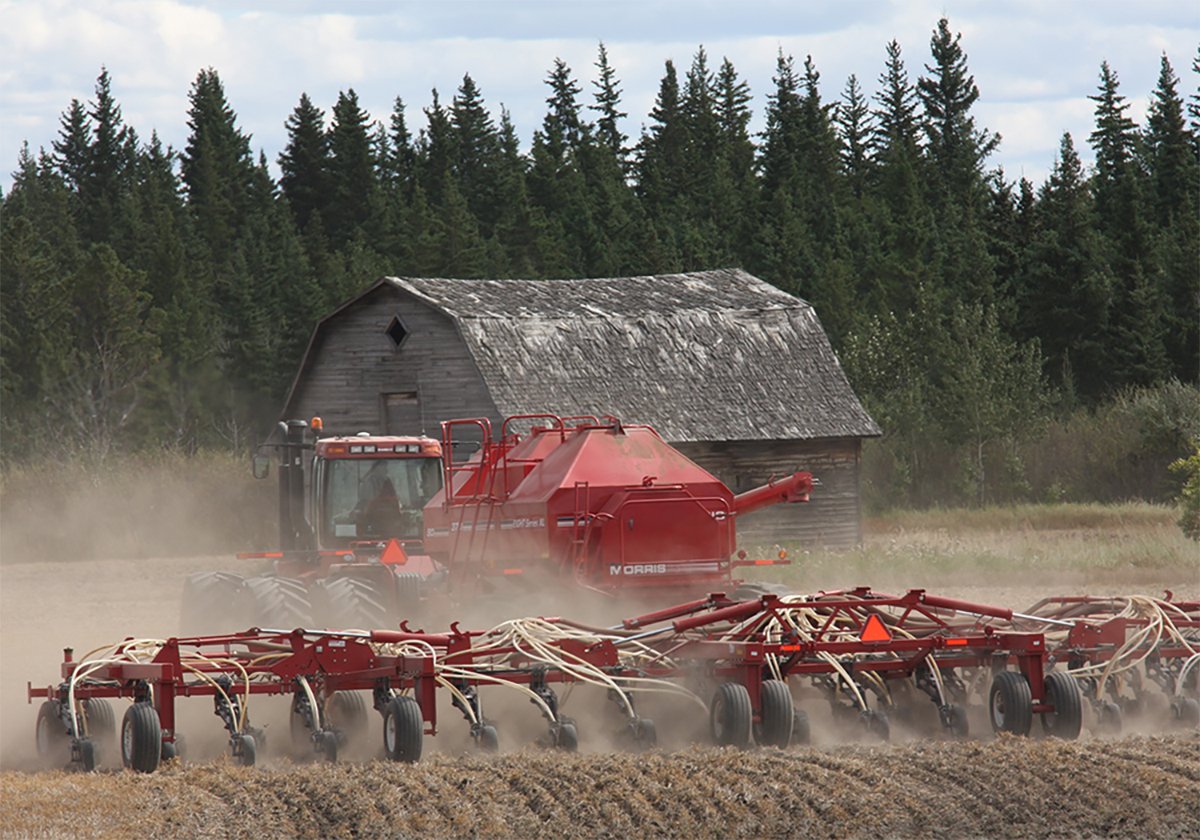Farmers are getting stung when they deliver deregistered grain to elevators.
![]()
However, the Canadian Grain Commission hopes to solve the problem by making a lot more noise when varieties are deregistered and convincing farmers that they stand to lose a lot if they don’t take it seriously.
“This will be your warning,” said CGC acting chief grain inspector Norm Woodbeck about the agency’s efforts to publicize varieties that are facing deregistration.
Read Also

Seeding conditions look good for U.S. winter wheat crop
SASKATOON — Seeding conditions are near ideal in the hard red winter wheat growing region of the United States, says…
Farmers will be given a three-year heads-up about impending deregistrations so they can clear the grain off their farms.
A farmer who delivers a deregistered variety can usually have it graded only feed or No. 5 amber durum, even if it looks like a perfect crop. Regulations do not allow the grain commission to grade it anything other than that, although in the past year the CGC worked with the Canadian Wheat Board and the Canadian Food Inspection Agency to find ways to get rid of old varieties that were still in the system and that farmers did not realize they were not supposed to grow or deliver.
The problem of old varieties flared up in the past year as the kernel visual distinguishability system was replaced by farmer declarations in which farmers had to reveal what varieties they were delivering. Grain that KVD eyeballing wouldn’t have caught stood out in declarations.
Inspectors were surprised many times to find farmers delivering varieties long deregistered.
The biggest concern was the large amount of Pelissier durum still coming into the system.
Woodbeck said farmers should be informed about which varieties are still registered.
The CGC’s website is www.grainscanada.gc.ca.















